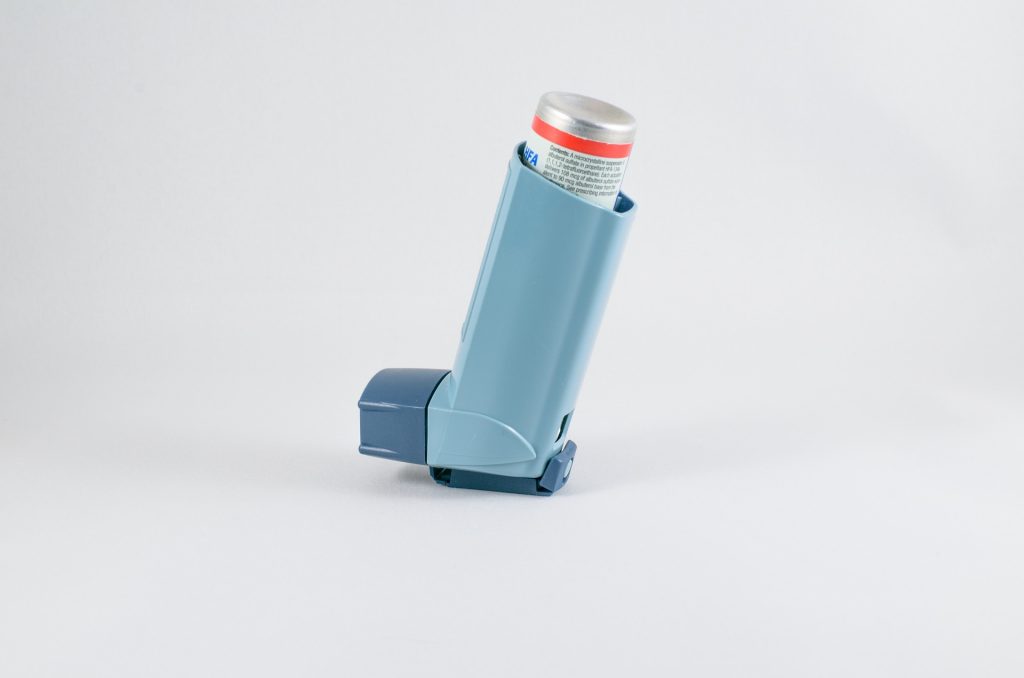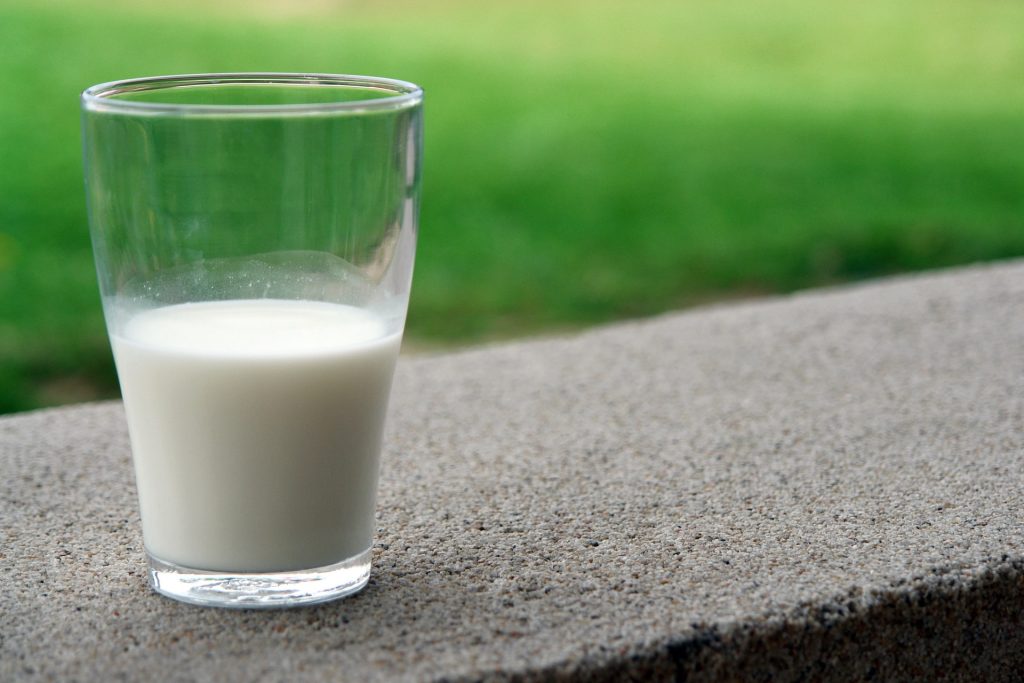Year Round Asthma Relief With Tezepelumab

The biologic tezepelumab provided year-round relief for patients with severe, uncontrolled asthma, according to findings from the year-long phase III NAVIGATOR study.
Tezepelumab was shown to significantly reduce the annualised asthma exacerbation rate by 56% in the overall study population, and by 41% in those with baseline blood eosinophil counts below 300 cells/µL, according to Andrew Lindsley, MD, PhD, medical director at Amgen in Thousand Oaks, California, presenting at the American Academy of Allergy, Asthma & Immunology (AAAAI) annual meeting.
When stratified by season, the annualised asthma exacerbation rate was consistently reduced with tezepelumab:
- Winter: 2.62 with placebo versus 0.96 with tezepelumab (63% reduction)
- Spring: 1.71 versus 0.92 (46% reduction)
- Summer: 1.93 versus 0.73 (62% reduction)
- Autumn: 2.28 versus 1.05 (54% reduction)
Tezepelumab, recently approved for severe asthma by the FDA in 2021, inhibits thymic stromal lymphopoietin. It is a key component of airway inflammation and is thought to be released in response to airborne asthma triggers, such as pollen and viruses. Tezepelumab has been shown to reduce exacerbations when compared with placebo.
Dupilumab was shown to have similar results in the 52-week QUEST study, which established the effectiveness of dupilumab as an add-on treatment for asthma. This was also true of the 96-week TRAVERSE open-label extension trial, in which researchers found that asthma exacerbations were reduced to below 7% all year long, and staying mostly under 5%.
The seasonal studies were performed during NAVIGATOR because asthma exacerbation has a number of environmental, seasonal factors.
“We know that allergies are seasonal, but depend on the trigger for asthma – early spring is the tree pollen season, late spring is grass pollen, in the fall it is ragweed” Roxana Siles, MD, co-director of the asthma centre at the Cleveland Clinic, told MedPage Today. Dust mites and animal dander are year-round, but may affect people more in the winter when they spend more time indoors, she added.
There was a question of how biologics were affected by the seasons, she said, and as it turned out, they work on all types of asthma, year round.
Tezepelumab decreased the proportion of patients with at least one exacerbation during all seasons, from 33.4% to 18.3% in winter, 23.7% to 15.7% in spring, 26.9% to 13.2% in summer, and 33.4% to 20.6% in autumn.
Additionally, the average number of days with an exacerbation per patient in each season fell between:
- 4.9 to 1.9 days in winter
- 3.6 to 1.7 days in spring
- 3.6 to 1.5 days in summer
- 4.3 to 2.1 days in autumn
Source: MedPage Today





